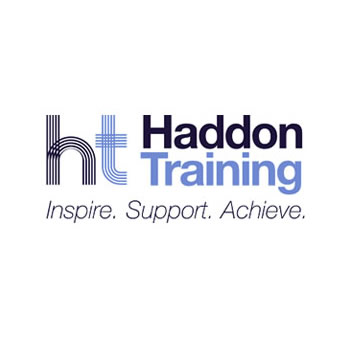You'll need:
- to be thorough and pay attention to detail
- knowledge of the fine arts
- thinking and reasoning skills
- design skills and knowledge
- the ability to use your initiative
- knowledge of computer operating systems, hardware and software
- the ability to accept criticism and work well under pressure
- to be flexible and open to change
- to have a thorough understanding of computer systems and applications



.png.thumb.jpg)